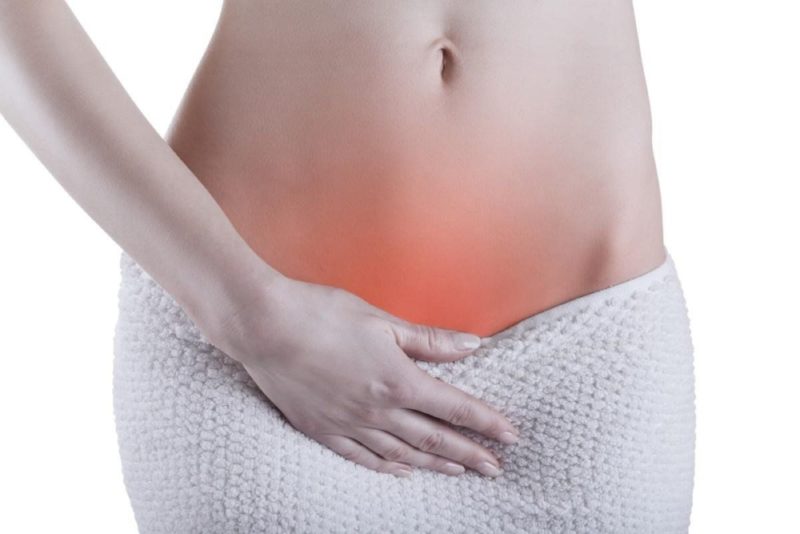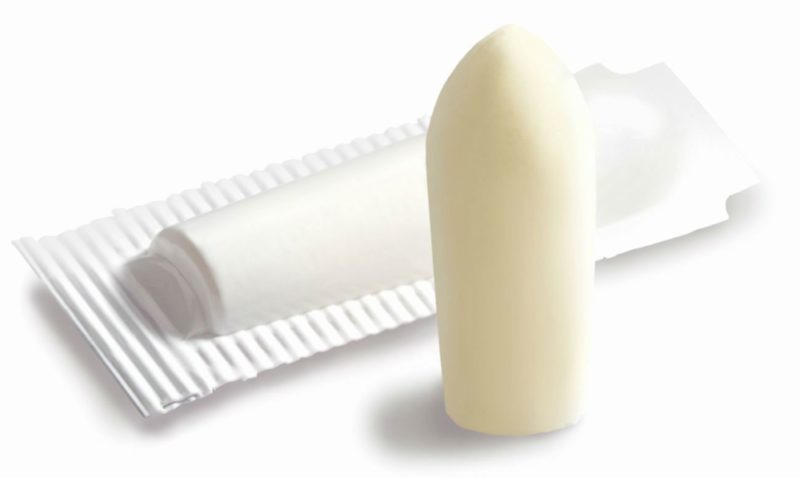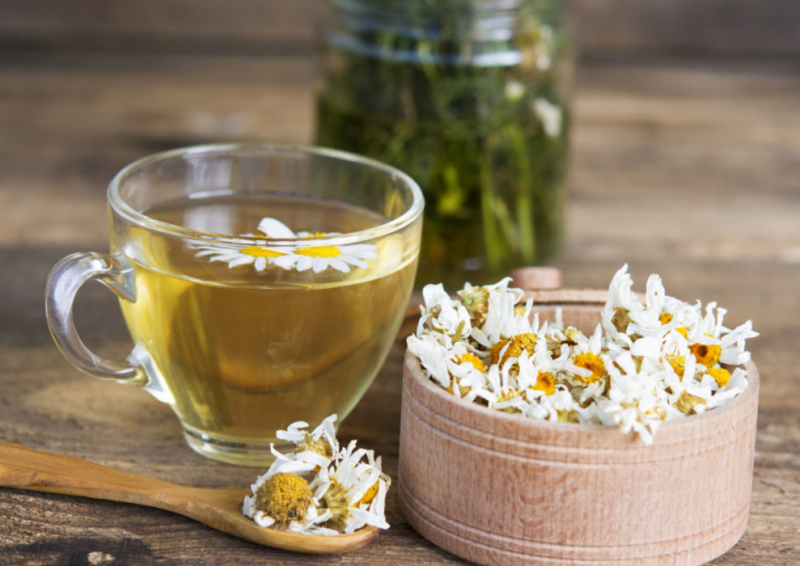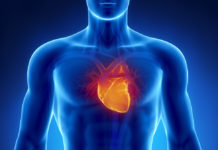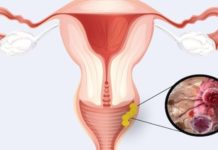The reproductive system of women is a complex mechanism subject to many external and internal factors. One of the signs of women's health disorders is dryness in the vagina. What is characteristic of this symptom, and how to eliminate this unpleasant phenomenon?
Material Content:
Causes of vaginal dryness
Vaginal dryness is called "atrophic vaginitis."
Discomfort in this area is often triggered by changes in the vaginal epithelium.
The causes of dryness in the intimate zone are:
- Decreased estrogen secretion, provoked by age. Often, a sensation of dryness in the vagina is associated with a woman entering menopause or postmenopause.
- Surgery. The removed uterus, ovaries and appendages provoke a lack of sex hormones in women, which does not affect the condition of the intimate zone in the best way.
- Radiation therapy. Irradiation of the pelvic organs leads to various disorders of the vaginal epithelium, as well as the loss of endocrine function of the ovaries.
- Hormonal imbalance. It is observed with injuries of certain parts of the brain or reproductive system responsible for the production of hormones. Possible causes may also be drug inhibition of the function of these organs.
- Hygiene products. Intimate hygiene products, douching formulations can also provoke atrophic vaginitis. Of course, you need to monitor the purity of the intimate zone, but you should not overdo it.Most intimate hygiene products contain various perfumes and additives that do not affect the vaginal microflora in the best way.
- Various vaginal infections, such as candidiasis.
- Taking some medications. Vaginal dryness is most often provoked by antidepressants, medications administered vaginally, drugs with antihistamines, and so on.
- Psychological reasons. Paradoxically, stressful situations experienced by a woman are also able to drain the vaginal mucosa. Under the influence of psychological factors, the body produces a large amount of the hormone cortisol. Its increased concentration causes an imbalance of other sex hormones, which negatively affects the degree of moisture of the vagina. In addition, some ladies experience an unaccountable fear during sexual intercourse and immediately before it. Constant tension and the inability to relax do not allow the body to produce natural lubrication, leaving the vagina dry.
Additional factors that provoke vaginal dryness:
- physical inactivity;
- smoking;
- obesity;
- wearing underwear made of low-quality materials;
- decreased immunity;
- promiscuous sex;
- some diseases (HIV, thyroid pathology, diabetes mellitus, Sjogren's disease).
By the way! Dry vagina in some cases acts as a temporary symptom, for example, during lactation, pregnancy, or before menstruation.
What diseases indicates
Dryness and discomfort in the vagina often indicate a number of diseases, for example:
- thyroid pathology;
- HIV
- Sjogren's disease;
- endometriosis;
- uterine fibroids.
Attention! To establish the exact cause of dryness and prescribe therapy should only a doctor.
Accompanying itching, burning, or pain
Dryness and itching in the vagina often occur as accompanying factors in a number of diseases of the body.
The reproductive system of a woman is able to independently eliminate external bacteria. But in some cases, vaginal discomfort does not stop even with the systematic use of intimate hygiene products.
Itching, burning and dryness of the vagina are provoked:
- urinary tract infections;
- pathologies of the endocrine system;
- diseases of the rectum;
- menopause and concomitant changes in the hormonal background;
- allergic manifestations;
- dermatological diseases;
- various irritations;
- wrong choice of hygiene products;
- wearing synthetic underwear.
Using condoms with lubricants and lubricants can also lead to dryness, itching, and burning of the intimate area.
Diagnosis and traditional treatment of the disease
In order to diagnose the causes of dry vagina, the patient should pay a visit to the gynecologist.
To confirm the diagnosis are carried out:
- Inspection on the armchair. In the presence of concomitant diseases on the thinned vaginal mucosa, edema and reddish erosion, inflammation with a serous bloom can be monitored.
- Colposcopy. It is carried out by a special microscope that tracks areas with hemorrhages.
- A smear on the flora. With mucosal problems, the level of leukocytes in the smear is increased, and the number of lactobacilli is reduced.
To clarify the diagnosis, it is recommended to undergo tomography and / or pelvic ultrasound.
Vaginal dryness
When choosing a treatment for vaginal dryness, the causes that triggered the disease, the patient's age, and associated complications are taken into account.
The therapeutic complex involves the use of:
- Hormone replacement therapy. This includes the use of drugs that can be used topically (in the form of ointments, rings, gels, suppositories) or orally. Such drugs are Ovestin, Dermestril, Divigel and so on.
- Antibiotics. Their intake is recommended for acute colpitis (Terzhinan, Mikozhinaks, Geksikon, Betadin, Polygynax).
- Anti-inflammatory treatment.Various suppositories, ointments, baths help reduce inflammation and restore the vaginal mucosa.
- Microflora recovery. It is recommended to take medications based on lactic acid bacteria. The latter inhibit opportunistic flora.
If vaginal dryness is provoked by non-hormonal factors, therapy involves the elimination of inflammation, allergic manifestations and stimulation of the immune system.
Folk remedies for symptom relief
Folk remedies have long been guarding women's health. From the gifts of nature, you can prepare various decoctions and tinctures that solve the numerous problems of the reproductive system of women. The most popular recipes include the following.
Gynecological collection No1
It is prepared from the following components:
- dioica nettle - 60 g;
- yarrow, chamomile flowers, calendula - 30 g each;
- narrow-leaved fireweed - 40 g each;
- oregano - 20 g.
Cooking method:
- Take 1 tbsp. l collection spoon.
- Pour 400 ml of boiling water.
- Cook over low heat for 5 minutes.
- Insist broth for an hour.
- Take the drug 20 minutes before eating (the whole portion).
Gynecological collection No2
Components:
- motherboard - 3 tbsp. l .;
- boron uterus - 3 tbsp. l
Cooking method:
- Take two tablespoons of the collection.
- Pour mixture of 2 tbsp. cold water.
- Boil.
- Insist for an hour
- The broth should be consumed in 2-3 doses.
During pregnancy
Bearing a child and subsequent lactation lead to a violation of the usual hormonal balance in the female body. As a result, the amount of estrogen produced by the ovaries may change. In particular, during breastfeeding, the body secretes the hormone prolactin, which, in turn, inhibits estrogen. The result is a violation of the production of vaginal lubrication. Often after the restoration of the menstrual cycle, the hormonal background is restored, and the problem of discomfort of the intimate zone disappears by itself.
Prevention
It is possible to reduce the manifestations of discomfort in the vagina by taking preventive measures:
- Refusal to wear synthetics.
- Refusal of douching or minimizing them. Modern gynecologists consider this procedure to be harmful to the vaginal microflora.
- Do not purchase fragrance pads.
- Use tampons only when absolutely necessary.
- Use special means for washing.
- Drink at least 1.5 liters of water per day
- Timely monitor and treat gynecological diseases.
- It is useful for women who have entered menopause to eat fish three times a week.
Dryness in the vagina is often a symptom of a number of diseases, in particular, affecting the genitourinary sphere. Subject to preventive recommendations, the risk of discomfort in the vagina is significantly reduced. At the first sign of discomfort, a woman should visit a gynecologist.



